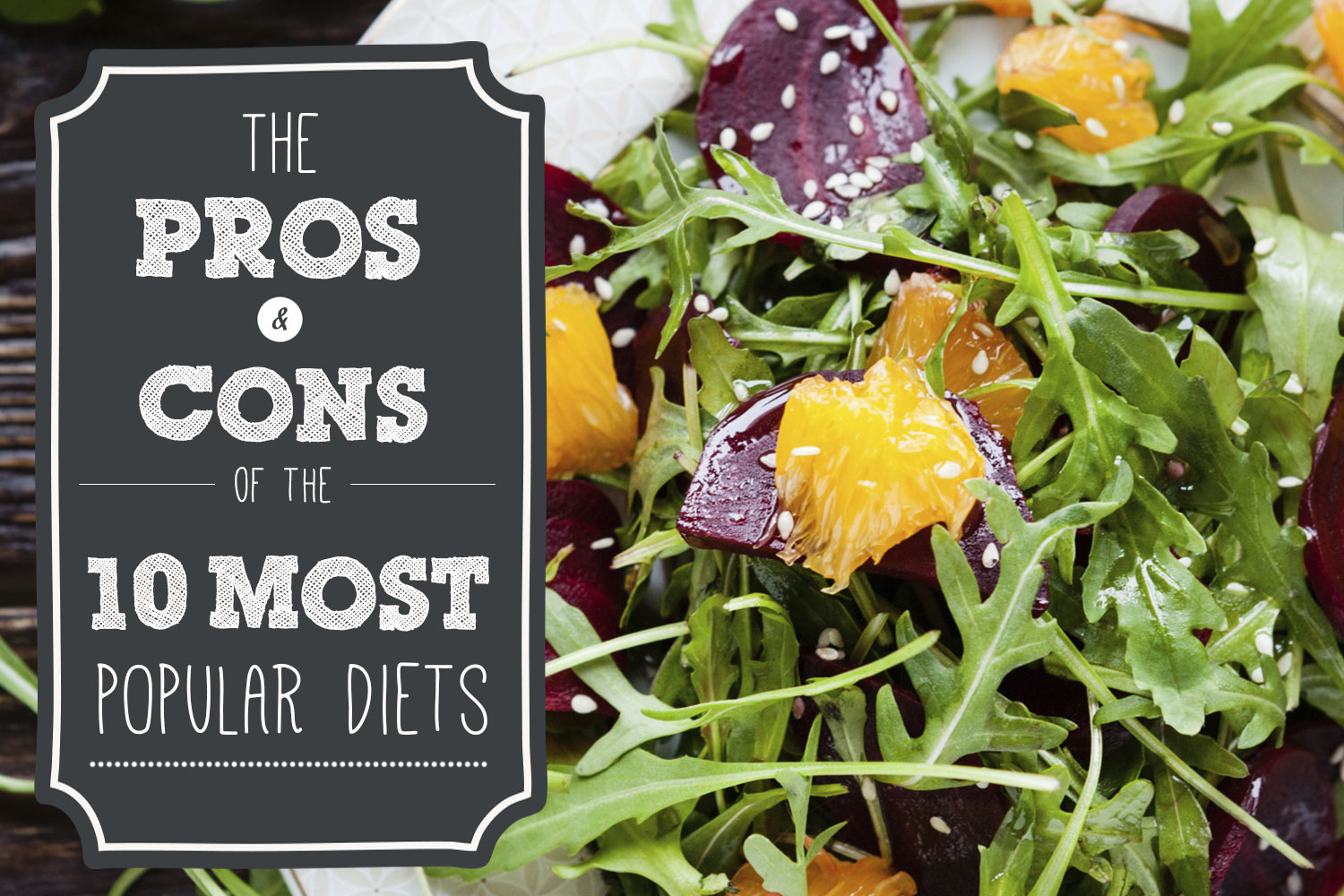
Atkins is a household name in weight loss. Popularized by Dr. Robert Atkins, it got its start in a medical publication called the Journal of the American Medical Association. Atkins took some of the ideas from the journal diet and worked on the plan to fit his own weight-loss goals.
The popularity of the Atkins diet reached its peak in the early 2000s, when many people saw it as a quick and effective way to lose weight. However, the diet also faced criticism from some health experts who were concerned about its potential negative impact on long-term health.
How does the Atkins Diet Work?
The Atkins diet is a low-carbohydrate, high-fat, and high-protein diet that works by causing the body to shift from burning carbohydrates for energy to burning stored fat. This is achieved by restricting carbohydrate intake to a level that induces a state of ketosis, which means that the body starts to break down fat for energy instead of relying on glucose from carbohydrates.
The Atkins diet is divided into four phases:
By reducing carbohydrate intake and increasing fat and protein intake, the Atkins diet helps people to feel full and satisfied while consuming fewer overall calories. This can lead to weight loss, particularly in the early phases of the diet.
Some of the concerns that people had about the Atkins diet included:
As a result, the popularity of the Atkins diet has declined in recent years because many people thought it was unhealthy… PLUS
Many other low-carbohydrate diets emerged like the ketogenic diet, which is similar to the Atkins diet but involves an even stricter restriction on carbohydrate intake.
What can I eat?
The Atkins diet is essentially a low-carb diet. This means avoiding foods that are high in starch, like bread, potatoes, pasta, rice, and other grains. You also will want to steer clear of corn syrups, which are found in most soft drinks and even in so-called fruit juices. You’ll be encouraged to eat whole foods that are not processed.
So, is the Atkins Diet right for you? The answer is MAYBE! It really depends on your body metabolism as everyone is different. But remember, before starting any diet with significant weight-loss goals, visit your primary care health provider in order to discuss and address any health concerns that might go along with those goals.

A new study suggests that a widely used sugar substitute found in diet sodas, chewing gum, and low-sugar yogurt may elevate insulin levels. This could increase the long-term risk of heart disease. “Artificial sweeteners have infiltrated nearly all types of food, making it crucial to understand their long-term health effects,” said Yihai Cao, senior author […]

Diet Coke has long been a fan-favorite among soda lovers who want a fizzy, guilt-free alternative to traditional soft drinks. While its zero-calorie, zero-sugar label makes it seem like a healthier option, the reality is far more concerning. Despite its undeniable popularity, Diet Coke’s nutritional profile has raised red flags among health experts for years. […]

New study shows that embracing an anti-inflammatory, plant-forward diet can support cognitive function and help reduce the risk of dementia. What You Eat Shapes Your Brain The food you eat doesn’t just impact your body—it also affects your brain. Research suggests that eating an anti-inflammatory, plant-based diet can help improve memory, focus, and overall brain […]